A sculpture outside London’s National Theater highlights the issue of plastic pollution in our oceans
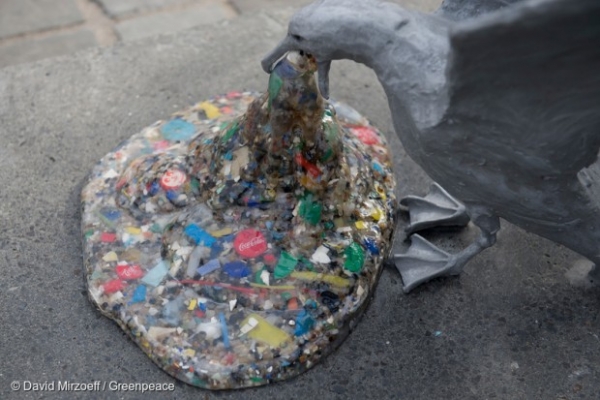
The work of the renowned marine sculptor Jason deCaires Taylor is called ‘Plasticide’
The work of the renowned marine sculptor Jason deCaires Taylor is called ‘Plasticide’
In late March, an artwork of marine sculptor Jason deCaires Taylor focusing on plastic pollution was exhibited for two weeks outside the National Theater in London. The sculpture, which has been produced in collaboration with Greenpeace, features a family of four enjoying a beach picnic, surrounded by a flock of seagulls vomiting plastic. These plastics were recovered from the area around the Spanish island of Lanzarote in the Canary Islands, where the artist recently opened Europe’s first underwater museum. Made with pH-neutral concrete and weighing two and a half tonnes, ‘Plasticide’ reminds us of the important issue of plastic pollution in the oceans. Actually, a recent study estimates that nearly 90% of all living marine birds have eaten some type of plastic.
“Through my work I’ve seen first-hand the deluge of plastic on our coastlines and swirling around our seas. The build-up of a man-made material like plastic in the vast expanse of our seemly untouched oceans is a visceral reminder of humankind’s devastating impact on our environment. Through ‘Plasticide’ I want to bring this message back to home: our oceans, and the marine life which inhabits them, literally can’t stomach any more plastic”, says the artist Jason deCaires Taylor.
“An estimated 12 million tons of plastic enters the ocean every year. Some of that is microplastics from cosmetics and personal-care products, but the vast majority is so-called macroplastics, the big stuff like plastic bottles, packaging, and bags. A “good start” would be manufacturers drastically reducing the production of single-use plastic bottles. We hope that people see ’Plasticide’ as a call to arms that unless we act fast, the impact on marine life could be irreparable”, says Luke Massey, Press & Communications Officer at Greenpeace UK.
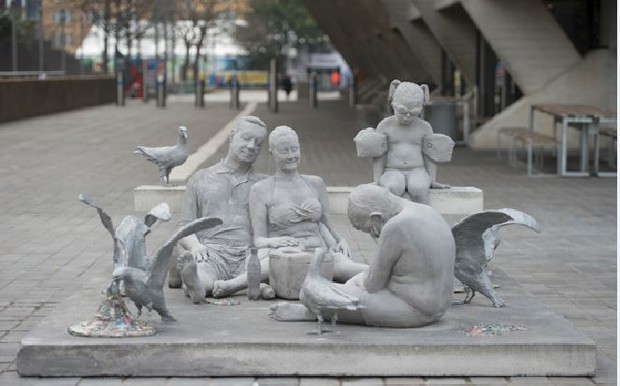
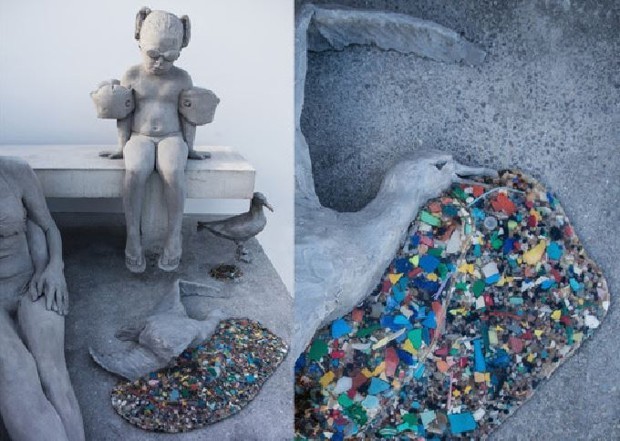
Photos: Greenpeace
Source: Greenpeace
Source: Greenpeace
Want to read more like this story?

The plastic pollution problem in charts
Dec, 11, 2017 | NewsThe total volume of all plastic ever produced has been calculated at 8.3 bn tonnes (the equival...
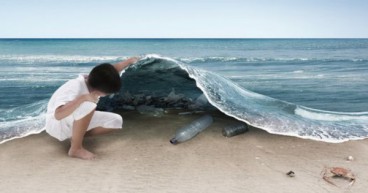
By 2050, there could be more plastics than fish in the oceans!
Mar, 04, 2016 | NewsIn a business-as-usual scenario, the ocean is expected to contain 1 ton of plastic for every 3 tons...
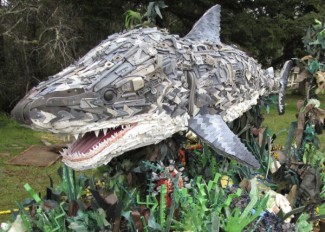
Giant sculptures made entirely out of plastic found on our beaches
Apr, 13, 2016 | NewsTime to reconsider the use and end-of-life management of plastic Time to reconsider the use and e...
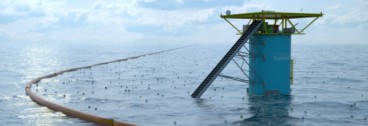
A floating structure aims to pull plastic from the world’s oceans
Jun, 10, 2016 | NewsThe project’s next big target is the obliteration of the Great Pacific Garbage Patch The pr...
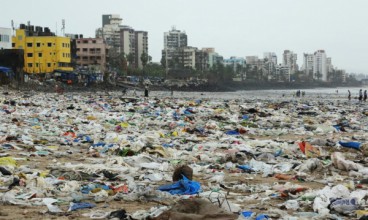
Indonesia pledges $1 billion annually to tackle ocean pollution
Mar, 22, 2017 | NewsThe country is the second largest plastic polluter in the world after China The country is the se...

Plankton Eats Plastic...
Jul, 10, 2015 | NewsPlastics that are in the seas have heavy impact on the environment and marine ecosystems, as they go...

New study shows that plastic waste can replace sand in concrete
Sep, 21, 2018 | NewsAccording to researchers from Bath University, waste plastic can replace some of the sand used in co...
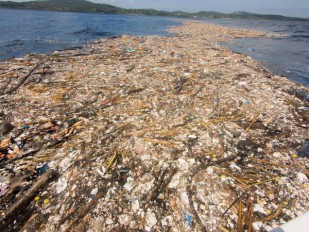
Plastic pollution: This has to stop
Nov, 01, 2017 | NewsWe are using enormous quantities of single use plastics, with many of them ending up in the ocean W...

Want to start your own business? Try a plastic recycling workshop!
Apr, 18, 2016 | NewsA 28-year old Dutch has developed machines to recycle plastic, and their blueprints are free on line...
Trending
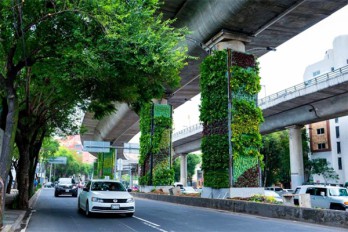
Vertical gardens in Mexico City to combat pollution

Saudi Park Closed After 360 Big Pendulum Ride Crashes to Ground, 23 injured

Characteristics of Load Bearing Masonry Construction

Taipei 101’s impressive tuned mass damper
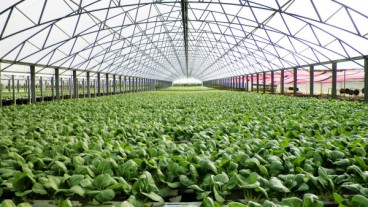
Dutch greenhouses have revolutionized modern farming

Federal court rules Biden’s offshore drilling ban unlawful


